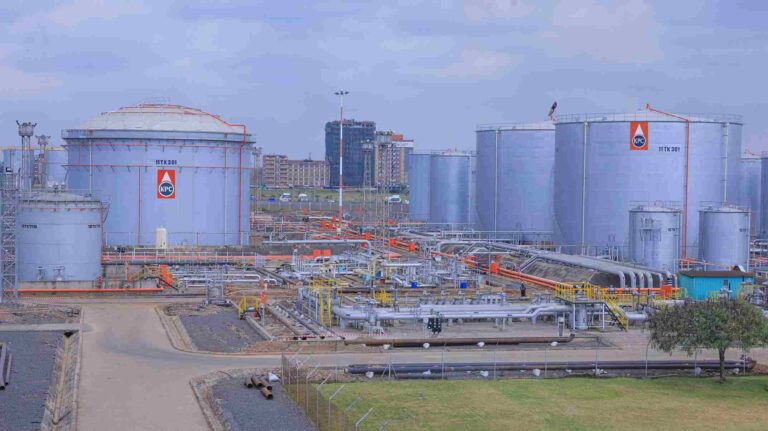The Cabinet has formally approved the partial privatisation of Kenya Pipeline Company (KPC), setting the stage for its Initial Public Offering (IPO) on the Nairobi Securities Exchange (NSE) by September 2025.
The decision, reached during a Cabinet meeting on July 29, reinstates KPC into the government’s privatisation programme and marks a shift in Kenya’s economic governance.
“The KPC listing will democratize ownership, unlock commercial potential, and set a new benchmark for state enterprise reforms,” said President William Ruto, speaking earlier at the NSE.
Strategic Shift Toward Private Sector-Led Growth
KPC, a cornerstone of Kenya’s fuel and energy logistics, has long posted strong profitability but struggled to reach optimal market value due to bureaucratic inefficiencies. The Cabinet emphasised that privatisation will inject private capital and professional expertise, modernising operations and positioning KPC as a regional logistics powerhouse.
“This isn’t just about shedding ownership—it’s about turning public assets into high-performing economic engines,” said Treasury Cabinet Secretary John Mbadi, who confirmed plans to sell a 65% stake in KPC through the IPO.
The government will retain 35% ownership, with the sale expected to generate at least KSh12 billion annually in dividends—quadrupling current returns.
Market Impact and Next Steps
The listing will be the first major state IPO on the NSE since Safaricom’s debut in 2008 and the first under the Privatisation Act, 2023, which mandates Cabinet and regulatory approval before any public offering.
Key developments include
- Finalisation of share allocation and pricing by the Privatisation Commission
- Presentation of the framework to Parliament for endorsement
- Compliance with NSE’s 20% minimum float rule, with KPC’s 65% far exceeding the threshold
“We have made a strategic decision to broaden Kenya’s stock market appeal by earmarking key state assets for privatization,” President Ruto said at the London Stock Exchange in July.
Broader Privatisation Wave
KPC’s listing is part of a wider push to revitalise Kenya’s capital markets and reduce state dominance in commercial enterprises. Other public firms, including Kenya Literature Bureau, New KCC, and National Oil Corporation, are expected to follow suit.
The Cabinet noted that past privatisations of Safaricom, KCB, and KenGen yielded transformative results, driving shareholder value and regional expansion.
“The approval marks a shift to private sector-led growth, operational discipline, and accountability ensuring public resources are better used to deliver essential services,” the Cabinet dispatch stated.




